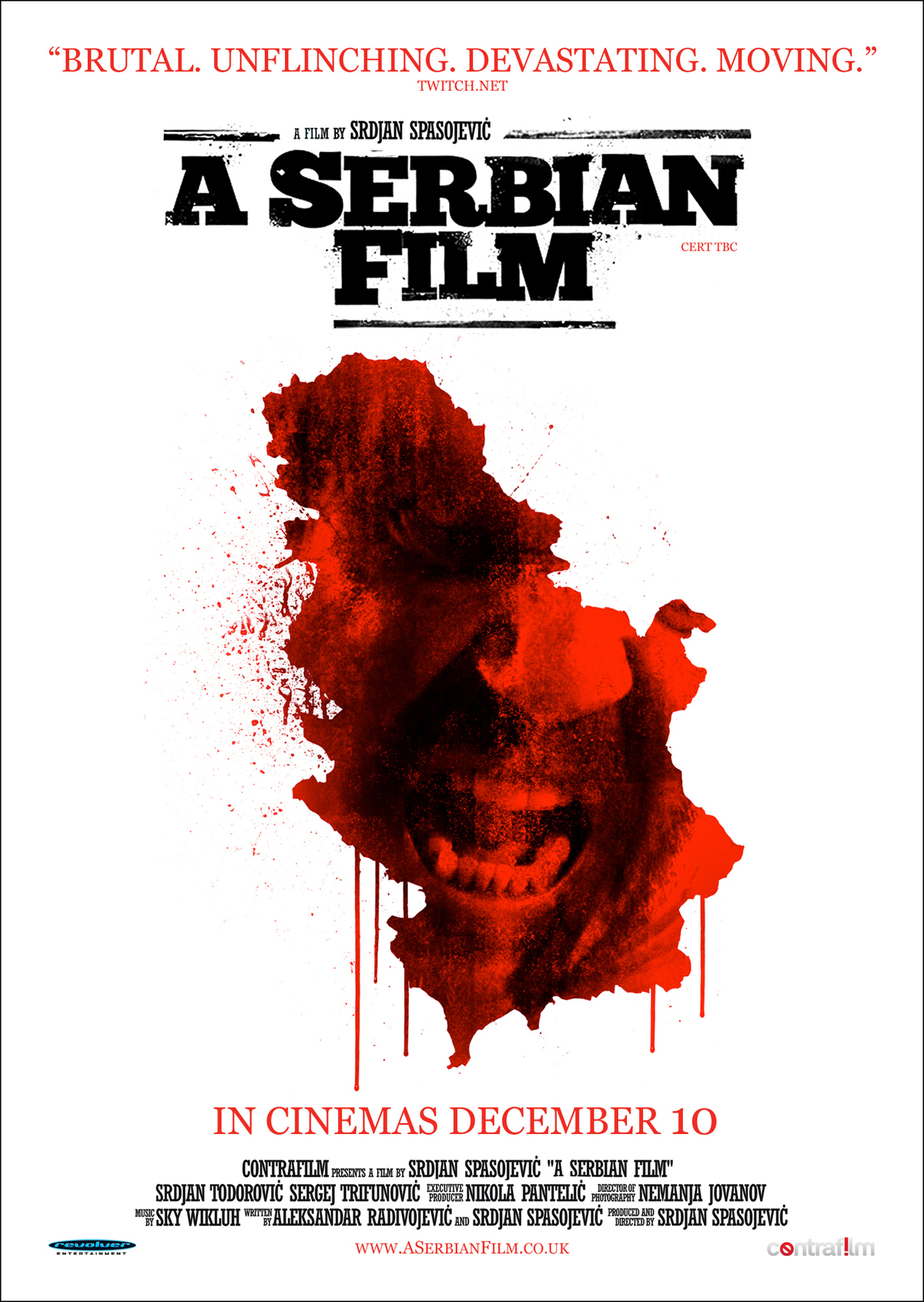1. Enter the Void.
I was surprised by how muted was the critical reception of this masterpiece. I found watching it a quasi-spiritual experience and am eagerly anticipating the bluray release so I can share it with others (albeit even in HD the home viewing won't match the overpowering cinematic experience).
2. Kick-Ass.
Of all the films on this list, this is the one I've watched the most and I suspect is the one which will stand up to the most repeat viewings. I predicted it would become a favourite lazy afternoon watch when I first saw it, and so it has proved. It's still hilarious, shocking and exhilarating after four or five viewings in the space of a few months.
3. Four Lions.
I think Mark Kermode's completely right in saying this film is not a comedy - it has funny scenes but for the most part they're simultaneously heavy with tragedy. It is, however, brilliant.
4. Gainsbourg.
Charming, witty, surreal, original, inventive, and very French. There's no need to like or even know Serge Gainsbourg's work in order to love this movie.
5. Heartless.
The best of the 2010 horror movies I saw. Bloody, melancholy, charming and never dull, the film cleverly makes monsters both of ancient demons and modern hoodies. Genuinely scary in several parts and a story that stays with you for days afterwards.
6. A Prophet.
I saw this before starting these reviews, so no title link, but on twitter at the time I said that it was totally engaging despite being 155 mins long, which was high praise from someone with my attention span. I think this was underselling it a bit. Un Prophete is one of the best crime films I've ever seen, up there with Casino and Heat. In fact, probably better than both of them.
7. Shutter Island.
Another underrated film, and better than the highly enjoyable but flimsy Inception. I loved it on first viewing, being gripped by the story, moved by the DiCaprio character's loss, and (apparently somewhat naively) surprised by the ending. My opinion of it went down a little after seeing it for a second time, but I think this was because Vue, ridiculously, left some of the lights on. This is a film that needs to be seen in the dark.
8. A Single Man.
A lovely, polished film, played piano throughout and with wholly believable characters and relationships. One of those films that is, within its own narrow confines, pretty much perfect.
9. Skeletons.
I watched this again on DVD over Christmas. It's a really fantastic film: strange without being wacky, moving but not remotely sentimental. It's a shame it'll probably never get the audience it deserves: it's probably only thanks to Jason Isaacs' supporting role (hello to Jason Isaacs) that it got any publicity to speak of. Incidentally, it is also the film of 2010 with the best-named actresses: Tuppence Middleton and Paprika Steen.
10. The Girl who Played with Fire.
I put this in tenth place as it's my favourite of the three Swedish Millennium adaptations, but obviously it needs to be seen between The Girl with the Dragon Tattoo and The Girl who Kicked the Hornet's Nest. A superb series of crime thrillers with Noomi Rapace playing Lisbeth Salander so perfectly that it's difficult to see why David Fincher is bothering to remake them, other than that people can't be bothered watching subtitled films.
And I also just wanted to note the best movie review of the year: without a doubt, and by a country mile, Lindy West's evisceration of Sex and the City 2. Reading this is as fun as watching Kick-Ass, possibly more so.
And finally, a happy new year to all four of my readers! I much appreciate every page view and comment.



